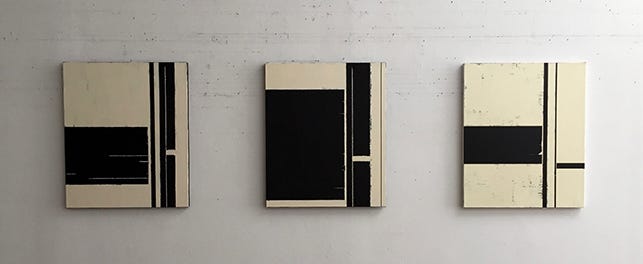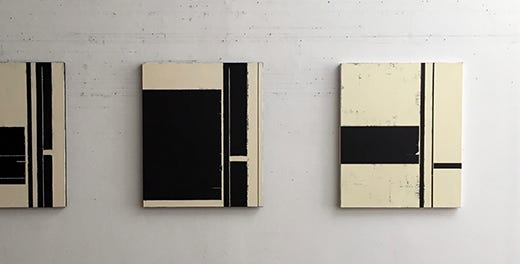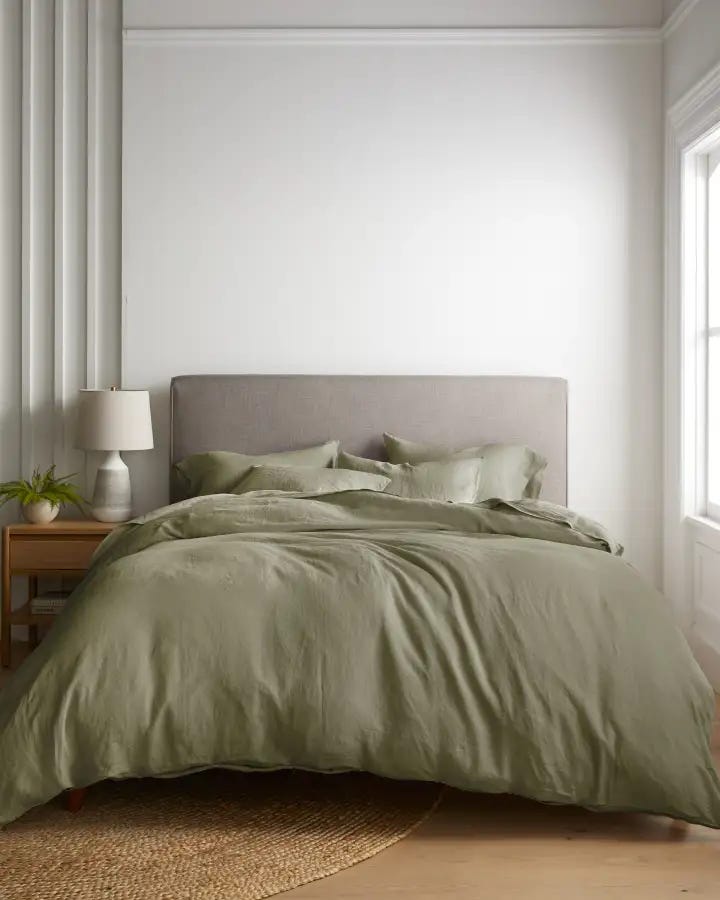[Intro]
I write, as I usually do, from a cross country flight between San Francisco and New York. Long, late flights are my productivity happy place (likely a topic for another post), and if I did not fly as often as I do, these posts would almost certainly not exist.
Without further adieu, this month’s edition of Amalgamations, powered by Biscoff cookies and the surprisingly-usable plane Wifi we seem to forget used to not exist in any way.
[What I’m thinking about]
“You are Not the Exception”
Last month, I attended my first college reunion. The organizers offered the option to add yourself to a list of people who were single, along with some basic demographic information like where in the world you were living. I got to talking to a friend with whom I hadn’t spoken in many years. They shared that coming into the weekend, they had been worried about the fact that they were single and that by this age “all the interesting people would be in relationships.” Now seeing the list, they realized that this concern had been unfounded and in fact, lots of the people they thought were most interesting shared their experience of being single.
I’ve been thinking a lot about that concept recently, that our experience is the exception much less frequently than we think it is.
A few weeks before my reunion, I attended a weekend-long workshop called Intermediate Friendship, which aimed to provide attendees with ways to deepen their connections with the people around them and put them in a position to be more vulnerable and feel more understood in their relationships of all types. The weekend was a condensed version of a month-long retreat called Sleepawake, which happens to be kicking off this week.

The concept of “perceived exceptionalism” is what stuck with me most coming out of the workshop. In the context of the workshop, the concept was explained something like this: we each have personal concerns or challenges that we would like to discuss with those around us. However, we mostly feel as though these personal concerns won’t be received well by the people with whom we want to discuss them or that we would be burdening the person by asking for them to take on this discussion. But then, flip the roles in the scenario: imagine someone you know (maybe even not that well) asked if you would be willing to discuss with them some personal concern they have. You’d almost certainly say yes (and maybe would even be excited that they had asked you).
This duality points to our perceived exceptionalism: we all think that we are the exception to the rule. In the example above, we view our challenges as so uniquely unpalatable that no one wants to hear about them. Except that this is almost certainly not the case in reality. In all likelihood, the thing you’d like to discuss is in fact very similar to the set of things that most people would end up discussing with you (and that, as discussed, you’d be excited to discuss with them).
I’ve found this principle to be useful well beyond the specific example discussed in the workshop. We are prone to believing that we are not average in almost every aspect of life. Famously (and not surprisingly), 65% of Americans believe that they have above average intelligence. This exceptionalism, especially when in the direction of optimism (“I am above average”), can in the right situations be very powerful as a means of deriving self-confidence. It’s good to feel like you have the tools to accomplish what you aim to do.
We all think that we are the exception to the rule
And yet in so many situations, we neither fail to view ourselves as exceptional (in the positive sense) nor do we consider ourselves average. Instead, our anxieties default us to the worst possible option: we are the negative outlier. We alone are having some terrible, isolated experience. We won’t be able to do it even if everyone else can.
In another conversation I had at the reunion, a friend told me that they felt like they were coming across as awkward to other people. I asked if other people had been coming across as awkward to them. They said “no.” I told them that I didn’t think they were coming across as awkward. There are at least three version of anti-exceptionalism here. The first is that if they weren’t finding other people to be awkward, it was unlikely that they were being the uniquely awkward person. The second is that I didn’t think they were coming across as awkward and I likely wasn’t unique in that view. The third sense and the one that is potentially most comforting is that the fact that they were feeling awkward meant that it was very likely that most people were as well.
I’ve found that the perspective that “you are not the exception” is most helpful in heading off these sorts of internal anxieties. The thought of “what if I go and no one likes me” before some new event can become “well, usually I like the people I meet at events like this, so people will probably like me too.”
You of course aren’t literally always having the average experience. Most notably, there are areas or skills in which you’ve invested in becoming an expert: across all people, you probably know an above average amount about the subject in which you work. If you play an instrument, you’re probably better than the average person at that instrument.
In situations like these, it’s a great thing to recognize that you’re not average and in fact, above average. Yet the situations that cause us the most anxiety are usually ones where basically no one is particularly expert. In these situations, you are very likely are having the average experience. And the cases like this in which you actually turn out to be the exception will be just that: the exception, rather than the rule.
[Misc]
Five Other Things
Many readers sent me "Making and Keeping Friends" after the issue last month on the Friendship Funnel. Ava’s piece is focused more on how to maintain friendships than it is to create them. She also spends a good deal of time on a topic that I neglected, which is what to prioritize in your friendships and what makes a good friend. She is writing a few more pieces in her series on friendships (the second of which is here behind a paywall) and I would recommend becoming a paid subscriber (I am).
Over the past month, I pretty much nonstop binged both seasons of Louder Than a Riot, an NPR podcast that explores power of all types in hip-hop. Season 1 explores the ways in which American culture and the criminal justice system criminalize hip-hop and its artists. Season 2 explores the experience of groups marginalized by hip-hop and specifically misogynoir, the specific racist misogyny against Black women. Sadly, Louder Than a Riot was canceled by NPR as part of a layoff earlier this year, so there will (at least for now) not be a Season 3, which is a particular shame because the first two are can’t-miss.
Alongside my recent move (which is now complete), I was excited to change up my duvet cover, which I had had for the better part of half a decade. Linen sheeting is very trendy at the moment, but most of the household names (Brooklinen, Parachute, Citizenry) cost an arm and a leg. I ended up going with these Quince Linen Sheets and have been very impressed thus far (I have them in the Washed Olive pictured). I may be buying another set soon.
"Have you been to a library lately?" by Nicholas Hune-Brown stuck out because, of course, I have not been to a library lately. Yet in a world where most of my network’s primary interaction with libraries is trying to amass as many cities’ library cards on their Libby accounts as possible, Hune-Brown discusses libraries as their physical form, what he calls, rightly so, the last public spaces. As libraries have been asked less and less to be places for books, they’ve been asked more and more to do basically everything else: portals to social services, tech support, refuge from cold and rain, playgrounds. And librarians, who are generally overeducated and underpaid, have been asked to take off their literary hats and don those of social workers and therapists. These are not jobs they signed up for, nor always are very happy to do, but feel as though if they don’t do them, it’s not clear who will.
“There’s a real concern, and I think it’s a valid concern, with portraying the library as a safe and welcoming space that’s open and accessible to everyone,” says Haynes. There are worries that if a beloved institution becomes known as a dangerous, unpleasant place, both visits and funding could suffer.
"Life inside the South African gangs risking everything for copper" by Monica Mark is the type of journalism I love. Deeply specific, niche content about areas of the world and events that I have otherwise no exposure to. It's the type of piece you either won’t be able to tear yourself away from or that you’ll stop reading almost immediately. For me (as with any of the best writing in this genre), it was the former.





